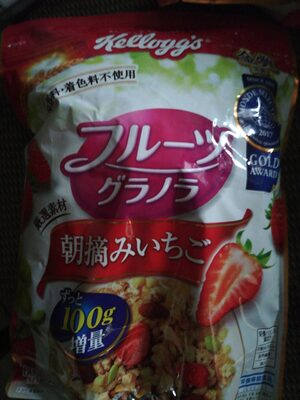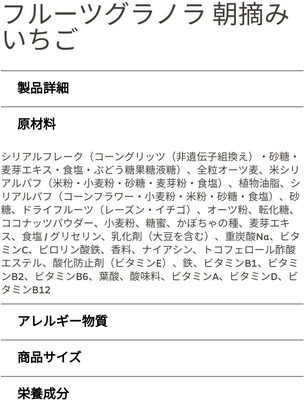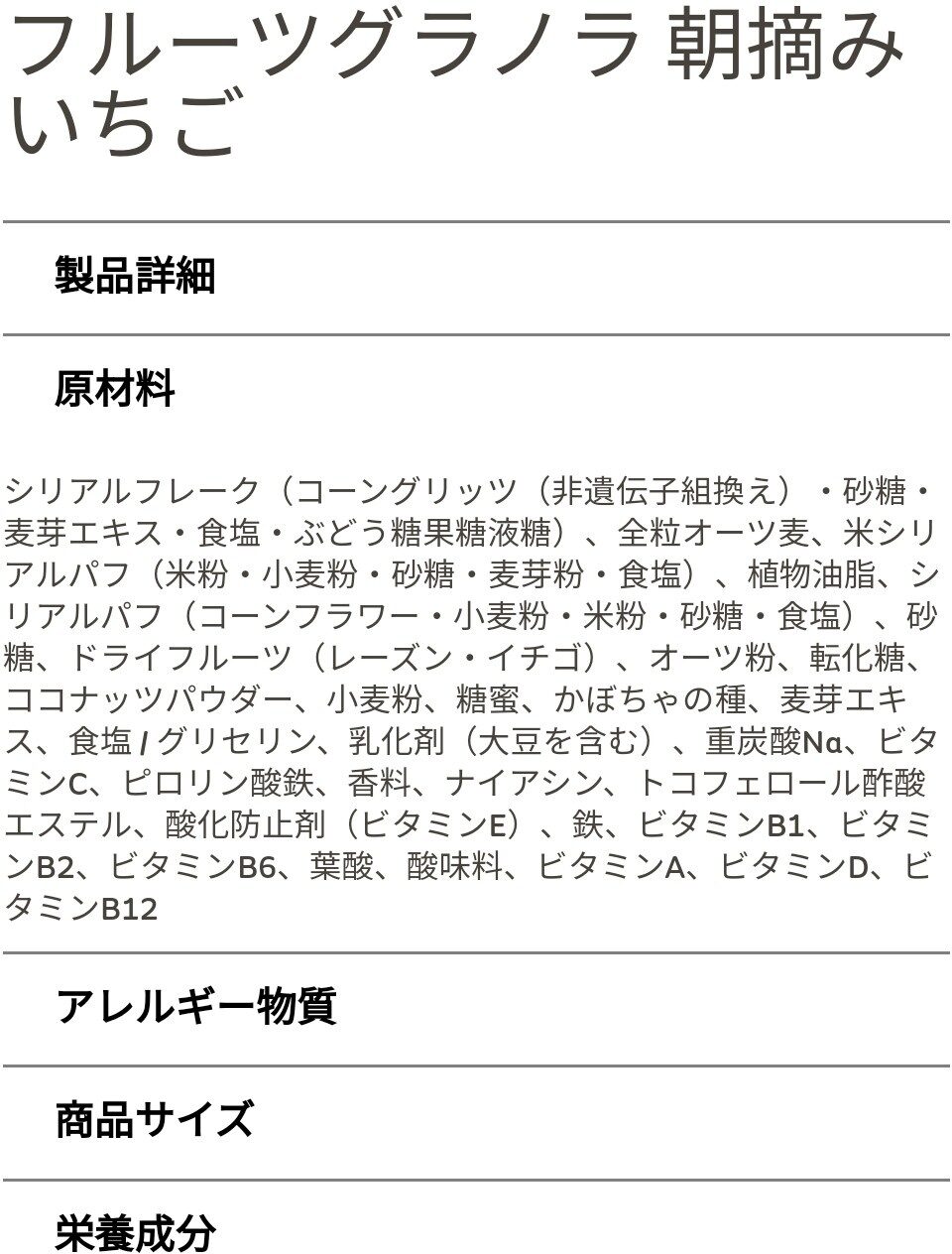フルーツグラノラ 朝摘みいちご - Kellogg's - 600 mg
この商品ページは完成していません。既存の写真からデータを編集または追加したり、 Android または iPhone/iPad のアプリを使用して写真を撮影して、手伝ってください。ありがとうございます!
×
バーコード: 4901113170696 (EAN / EAN-13)
数量: 600 mg
ブランド: Kellogg's
販売の国: 日本
好みに合わせて
環境
パッケージング
輸送
Report a problem
情報元
製品に追加 によって openfoodfacts-contributors
最後に編集した製品ページ によって turi981.
製品ページの共同編集者 halal-app-chakib.
データが不完全または間違っている場合は、完了するか、このページを編集して、それを修正することができます。








